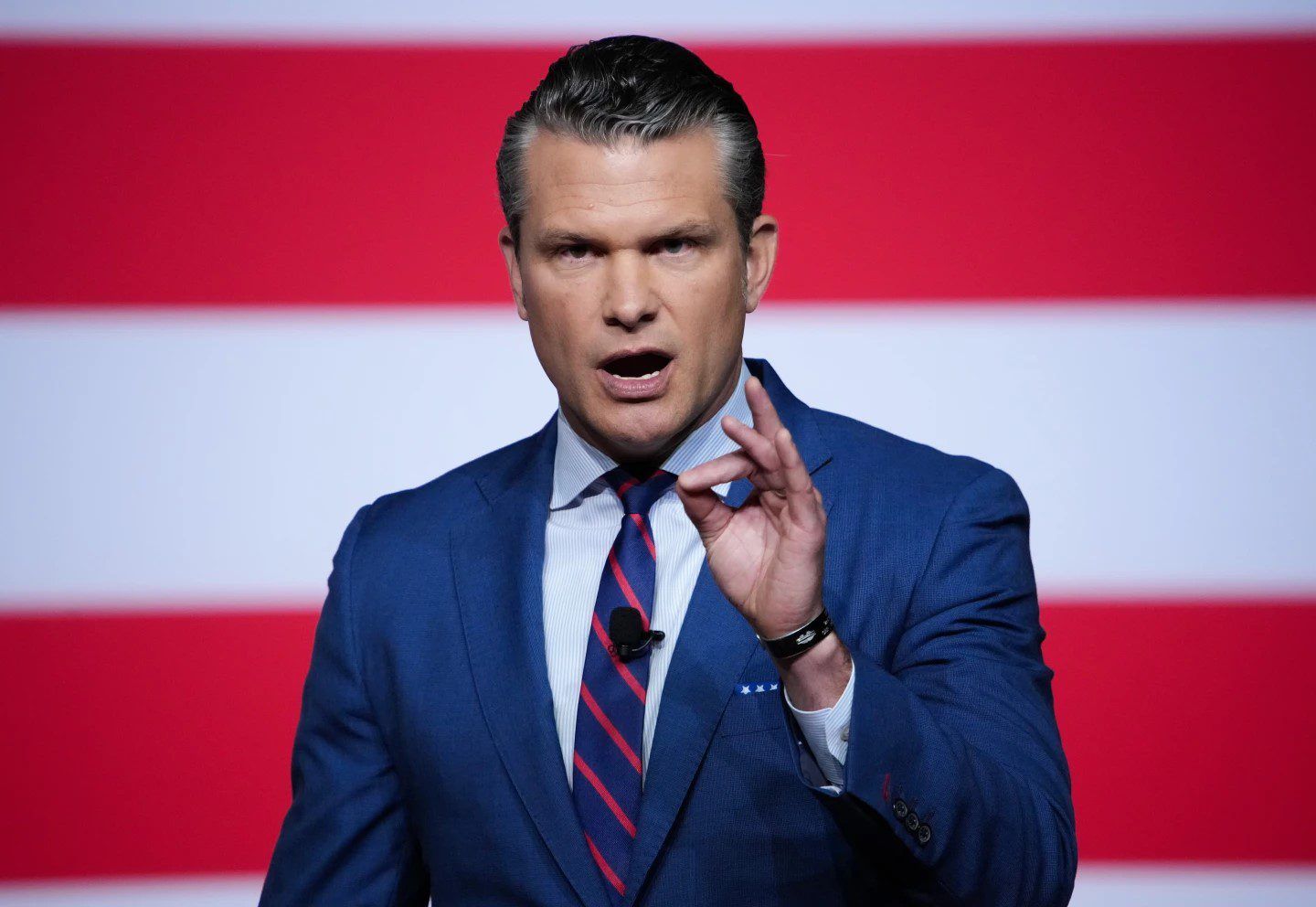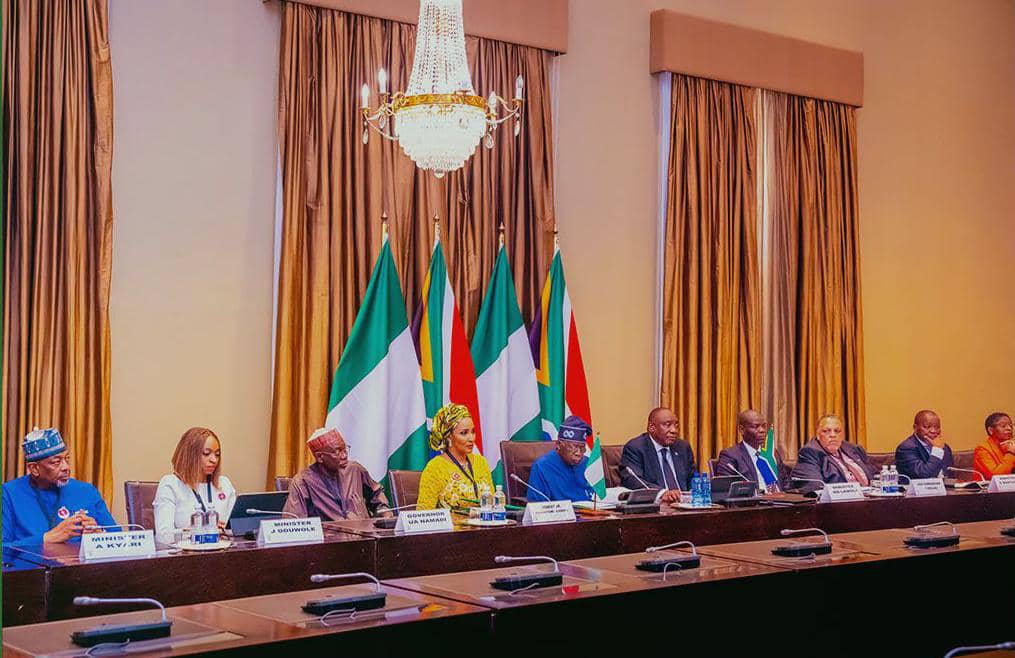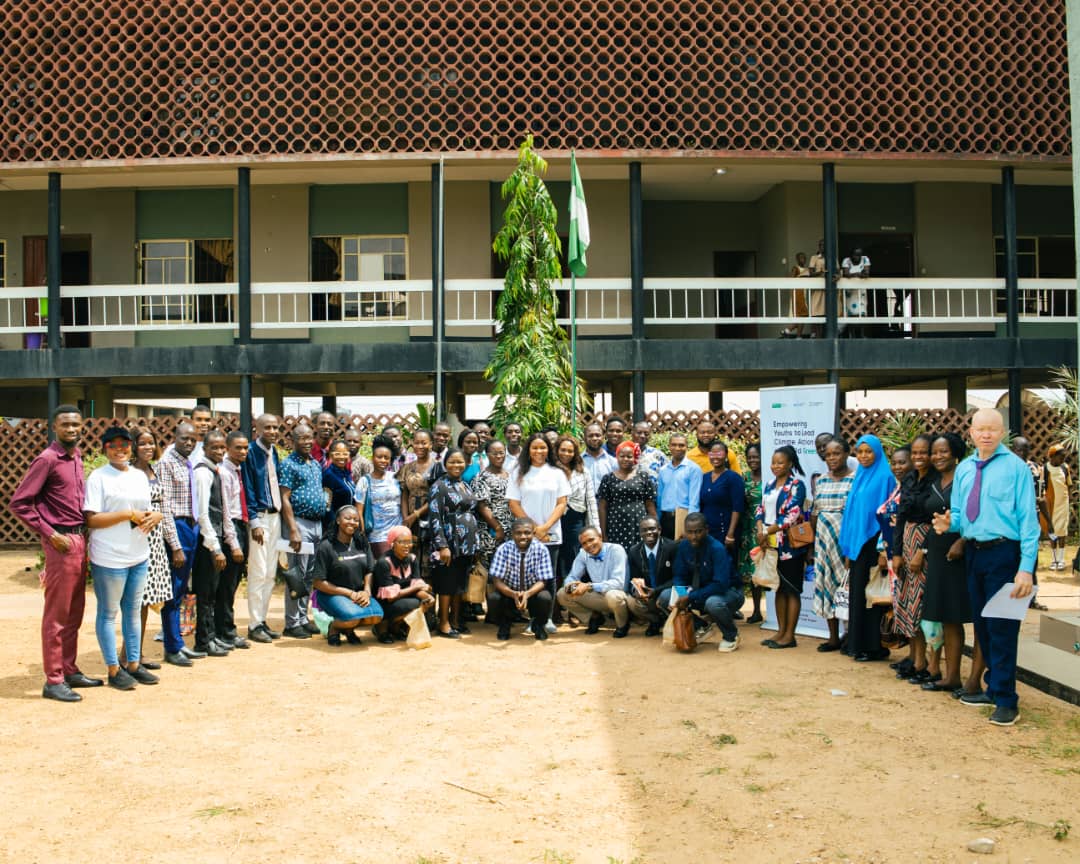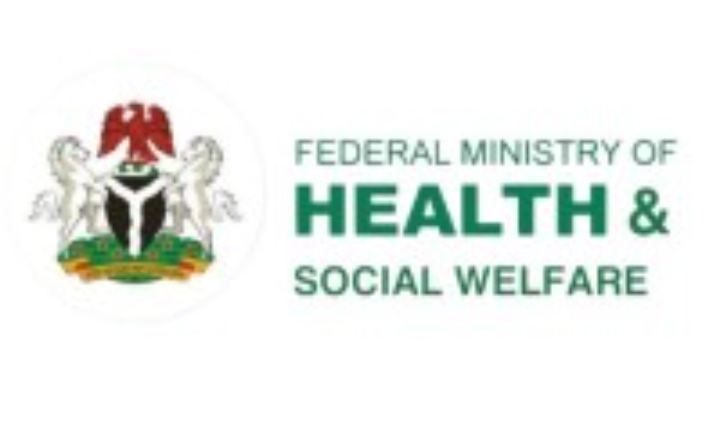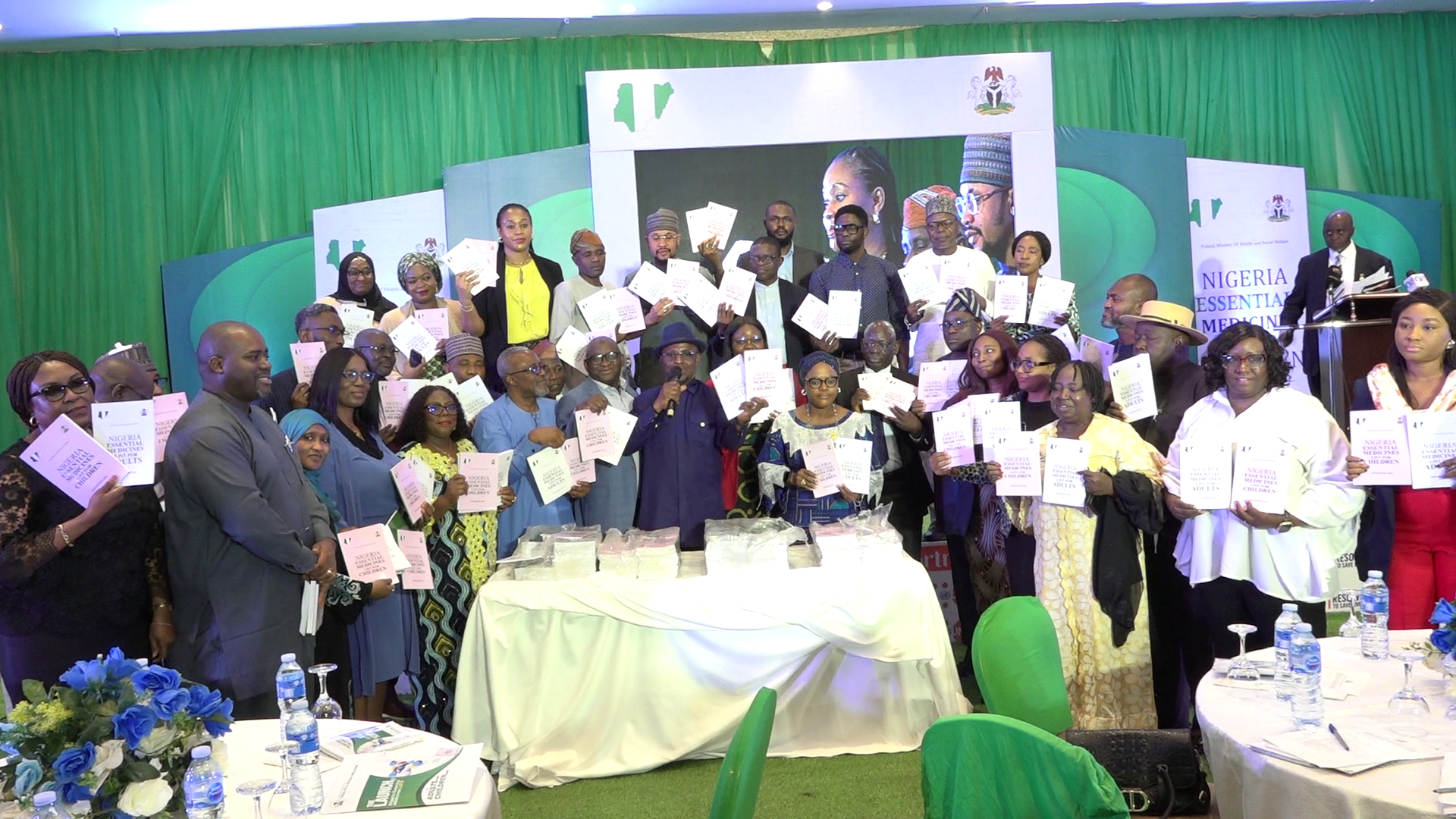
By Fatima Saka
Abuja – The Federal Government has unveiled the 8th Edition of the Nigeria Essential Medicines List (NEML) and the 2nd Edition of the Nigeria Essential Medicines List for Children (NEMLc), marking a major step toward improving equitable access to quality healthcare and combating the growing threat of antimicrobial resistance.
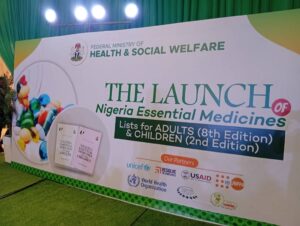
During the official launch on Wednesday in Abuja, the Coordinating Minister of Health and Social Welfare, Professor Muhammad Ali Pate, represented by Dr. Charles Nzelu, Director Special Projects, emphasized that the updated lists will serve as the cornerstone for medicine procurement, prescribing practices, and policy formulation across all levels of the healthcare system.
“With these revised editions, we renew our commitment to ensuring every Nigerian can access safe, effective, and affordable medicines,” Pate said. “The integration of the World Health Organization’s AWaRe classification into our Essential Medicines List ensures antibiotics are used responsibly, preserving their effectiveness and safeguarding public health.”
Pate said: “Key Features of the Revised Lists, are one of the most notable enhancements in both editions is the integration of the AWaRe (Access, Watch, Reserve) classification system for antibiotics, a globally recognized framework for promoting rational antibiotic use and tackling antimicrobial resistance (AMR).”
According to the Coordinating Minister, the children’s list now formally includes multiple micronutrient supplements (MMS) for pregnant and breastfeeding women and small-quantity lipid-based nutrient supplements (SQ-LNS) for children.
“These interventions, supported by UNICEF, aim to combat anemia, malnutrition, and stunted growth, conditions that contribute significantly to maternal and child mortality in Nigeria,” he said.
In Digital Integration for Nationwide Access, Professor Pate emphasized on the significant technological advancement, the Ministry announced that the updated NEML and NEMLc will be integrated into the SPARC mobile application, allowing doctors, pharmacists, and other healthcare providers to access the lists directly from their smartphones. “This move is expected to improve evidence-based prescribing, ensure rational use of medicines, and strengthen the supply chain nationwide.”
Permanent Secretary of the Ministry, Daju Kachollom, represented by Olufunmi Adeola, Director Chemical Cosmetic and Safety highlighted the collaborative effort as a “shared vision for universal health coverage and national progress.” She stressed the need for effective implementation beyond the launch ceremony:
“These lists must not simply sit on shelves, they must change lives by guiding procurement, informing clinical decisions, and ensuring availability of essential medicines in every health facility.”
The Permanent Secretary emphasized that the Federal Ministry of Health and Social Welfare urged state governments, private health institutions, and supply chain managers to ensure widespread adoption of the new editions and support initiatives that prevent irrational use of medicines.
She highlighted that the development of the lists involved extensive consultations with policymakers, clinicians, pharmacists, researchers, and international development partners including UNICEF, WHO, USAID through Management Sciences for Health, NCDC, and the National Health Insurance Authority (NHIA).
The closing remarks by the Director of Food and Drug Services, delivered by Kassim Talatu, Pharmaceutical Services Division underscored the collective responsibility to sustain the momentum:
“Today we did more than unveil documents, we reaffirmed a national promise: that quality healthcare begins with access to the right medicines, at the right time, for all Nigerians.”
Recognizing the global support, UNICEF’s Country Representative, Saeed Abdulaziz, in remarks delivered by her delegate, described the inclusion as “a declaration of commitment to equity and life-saving care”, noting that it will attract domestic and international investments while promoting local production of supplements.
Dr. Hamza Omotayo, WHO Country Representative, praised Nigeria’s consistency in regularly updating its Essential Medicines List, noting that the country remains one of only three African nations maintaining timely revisions in line with WHO’s model list.
“This achievement aligns with the World Health Assembly Resolution WHA 67.22, which calls on member states to ensure access to essential medicines through regular updates, evidence-based selection, and rational use,” Omotayo said.
READ ALSO: Hajj 2026: Al Khauthar Travels Set to Launch Automated Online Portal for Pilgrim Registration
He recommended wide dissemination of the lists through digital platforms, QR codes, and open access on the Ministry’s website to ensure healthcare providers across Nigeria can easily adopt the guidance.
However, with the updated Essential Medicines Lists, Nigeria is strengthening its healthcare foundation, advancing maternal and child health interventions, and ensuring that essential medicines remain accessible, affordable, and effective. The integration of digital tools, international best practices, and strong inter-agency collaboration signals a progressive shift towards a more equitable and resilient health system.

